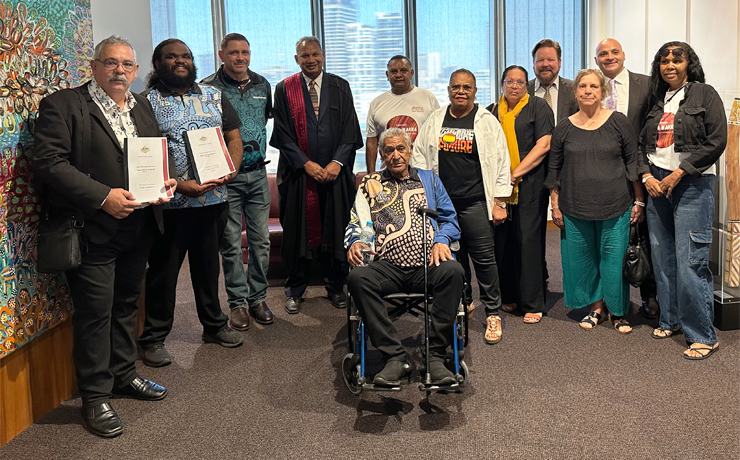
September 21, 2023
A special hearing of the Federal Court in Brisbane on Thursday has resolved the last of the outstanding Wakka Wakka Native Title claims.
In April 2022, the Federal Court determined Native Title applications, known as “Wakka Wakka People #3” and Part A of “Wakka Wakka People #4”, recognising that Wakka Wakka People had exclusive Native Title rights to areas within the South Burnett region.
This hearing was held in Cherbourg.
However, Part B of the Wakka Wakka People #4 application, which covered portions of the North Burnett Regional Council area, was still under negotiation at the time.
On Thursday, Justice Darryl Rangiah handed down a determination on this Part B application, recognising the Wakka Wakka People as Native Title Holders over an extra 8572.4ha of land and water.
Of this, exclusive Native Title covers 90 parcels of land, totalling about 48.33ha; non-exclusive areas total 8524.07ha.
The determination gives effect to a consent agreement signed between the Wakka Wakka People, the State of Queensland, the North Burnett Regional Council and various other stakeholders.
It covers areas within the towns of Eidsvold, Mundubbera, Binjour and Gayndah as well as stretches of the Burnett River and a number of creeks that flow into the Burnett.
Solicitor Craig Reiach, from Queensland South Native Title Services, represented the applicants, many of whom were in court to hear the determination.
He told the court the current proceedings had been ongoing for over 10 years but the history of the Wakka Wakka People’s pursuit of recognition of their Native Title stretched back more than 25 years.
“Despite 180 years of the combined impact of dispossession of their lands, frontier violence, protectionism, segregation and attempts at assimilation, including the forced removal of their people and internment at missions such as Cherbourg, my clients – the Wakka Wakka People – are here today, including in this courtroom, as recognised Native Title Holders,” Mr Reiach said.
He said this Part B determination was just as significant as last year’s determinations, especially for families whose ancestors were particularly connected to the area.
“Over thousands of years, successive generations of Wakka Wakka people have lived on, accessed, hunted and fished, collected bush tucker and medicines and other natural resources, and conducted ceremonies, and talked the Wakka Wakka language, and practised their law and custom, and maintained and protected their cultural sites, within their traditional country,” Mr Reiach said.
“They have done so in the face of countless obstacles that threatened their continued existence as a people.
“Dispossession by European invaders of the Wakka Wakka People’s traditional lands within what is now the proposed Determination area took place from about the late 1840s.
“Frontier violence against the Aboriginal population of the region is recorded from 1848 onwards.
“The Wakka Wakka People’s determined resistance to dispossession of their traditional lands and dispersal of the Aboriginal population led to bloody frontier conflict, characterised by violent and deadly reprisals.
“The pace of the unwelcome incursions by non-Aboriginal settlers into Wakka Wakka land picked up through the 1880s, particularly with the gold rush in the Eidsvold region, and in the early 1890s with intensive agriculture within the Burnett River region.”
He said Wakka Wakka people moved to permanent camps on the fringes of properties within their ancestral area, which provided relative safety from the violence and killings, and allowed them to maintain kinship networks and customs.
This continued, he said, despite being severely tested again by the passing of the 1897 Aboriginals Protection and Restriction of the Sale of Opium Act which fostered cruel and unjust government policies of segregation, protectionism and assimilation.
Justice Rangiah said the court was recognising what the Wakka Wakka People had always known, that the land, subject to the Determination, had always been and always would be their land.
He said it was an occasion of great joy for the Wakka Wakka People.
“It is a day to celebrate, it represents a new beginning, it represents a recognition by all the Australian people of your history, your traditions, your culture and your rightful place in this country,” Justice Rangiah said.
- External link: Video of the determination (hearing starts at 7:40 minute mark)
- Related article: Always Was, Always Will Be …
* * *
Footnote: Native title cannot be claimed in areas where it has been extinguished, such as privately owned land (residential freehold and privately owned freehold farms), residential, commercial or community purpose leases, public work areas such as schools, roads or hospitals; and pastoral or agricultural leases that grant exclusive possession.
Native title can be claimed on vacant Crown land which is unoccupied or unallocated; some State Forests, National Parks and public reserves; inland waters; some leases, such as non-exclusive pastoral and agricultural leases; and some land held for Aboriginal people. It can only be claimed in areas where it has not been extinguished.
There has been a long history of native title claims in the South and North Burnett areas, dating back to 1997. Four previous claims on behalf of various groups have either been discontinued, dismissed or struck out.
A Prescribed Body Corporate (PBC) is a corporation nominated by the common law holders to hold their determined Native Title rights and interests. The Act requires that the Court must determine whether the Native Title is to be held on trust, and if so, by whom. The Wakka Wakka Native Title Aboriginal Corporation has been recognised as the Prescribed Body Corporate.
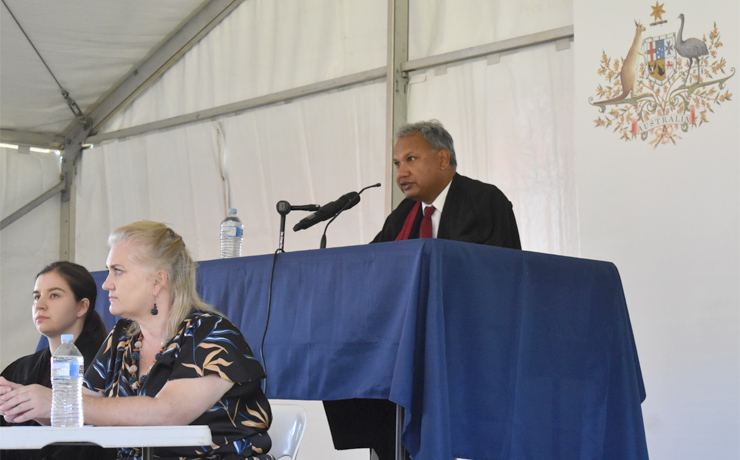






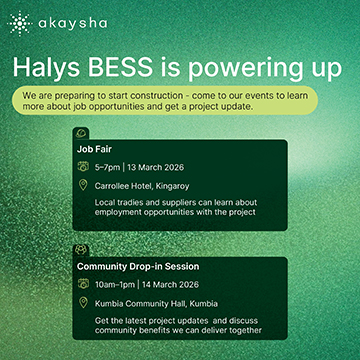

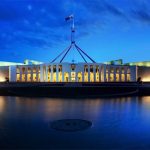
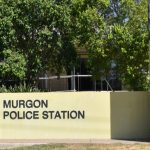
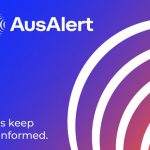

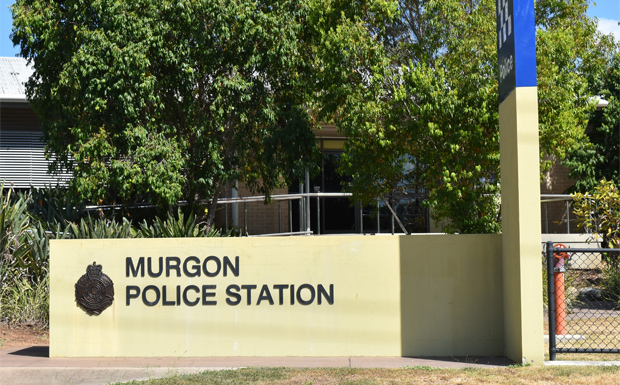
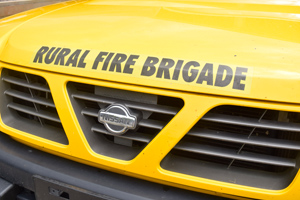










So what happens next? Does the recognised PBC now take care of that land? Does it mow it, keep it clear of weeds, maintain roads and tracks, does it pay rates on that land, do people get to build houses on that land, do they sell it? What happens to that land now?
A very informative footnote. Thank you.
Settle down “Concerned”. They’ve got exclusive control of just 48ha spread over 90 parcels of land.
Would you query the abilities or intentions of the owners of the rest of the land within the boundaries of the North Burnett Regional Council area (which a Google search says is actually 19,670sq km or 1,967,000ha), or are you concerned only about giving a tiny bit of control back to Aborigines?
Being given back just 48ha doesn’t seem much to me after tens of thousands of years of ownership.
Sick & Tired, I was just seeking further clarification of what happens next. The decision has been made by powers higher than us to give control to a PBC. Figuring that further grants like this over land throughout Australia is going to follow, there will be many many parcels of land that are going to be held under the control of PBCs rather than the people who have fought for this change for years.
What happens to the land next while the PBC has it under their control? Are they going to hold it from the people who it was for, waiting for further consultation, legislation, meetings, more court action etc etc that could take more years to get through, or, are they going to turn it over, say within a reasonable time frame (say 12 months)? Or, are there going to be plots all over waiting in limbo?
In the meanwhile, who looked after these plots of land to keep them clean, tidy and maintained prior to these decisions, and now after the decision, who looks after the land now? Do Councils and ratepayers foot this bill now, or is it the State or Federal Government? When the land is handed over to the PBC, who’s responsibility is it to look after this land now? Who is going to pay that bill? Is it going to save the ratepayers of the region funds?
My query was not about abilities or intentions. It is about the privilege of having a plot of land and the responsibility to care for it. At this time, who has the responsibility to care for it?
What is the process to pass the land on? How long will it take? Has the process already been decided by the legal decision makers? So, what happens next to these plots of land?
The Prescribed Body Corporate ARE the people who have fought for the change. Native title has been recognised on parcels of land throughout Australia since the 1990s, and the sky hasn’t fallen in.
Is it really a “privilege” for a court to recognise after 25 years of legal wrangling that something you have always owned really does belong to you?
What they want to do with a piece of land, is up to them (within the law) just like anyone else. And it doesn’t stop the government stepping in later to extinguish the Native Title. But if they do, the owners will have to be compensated (like other land owners are).
There are a lot of irresponsible non-Aboriginal land owners. I hope you are equally concerned, and questioning publicly, who is responsible for the upkeep of their properties.